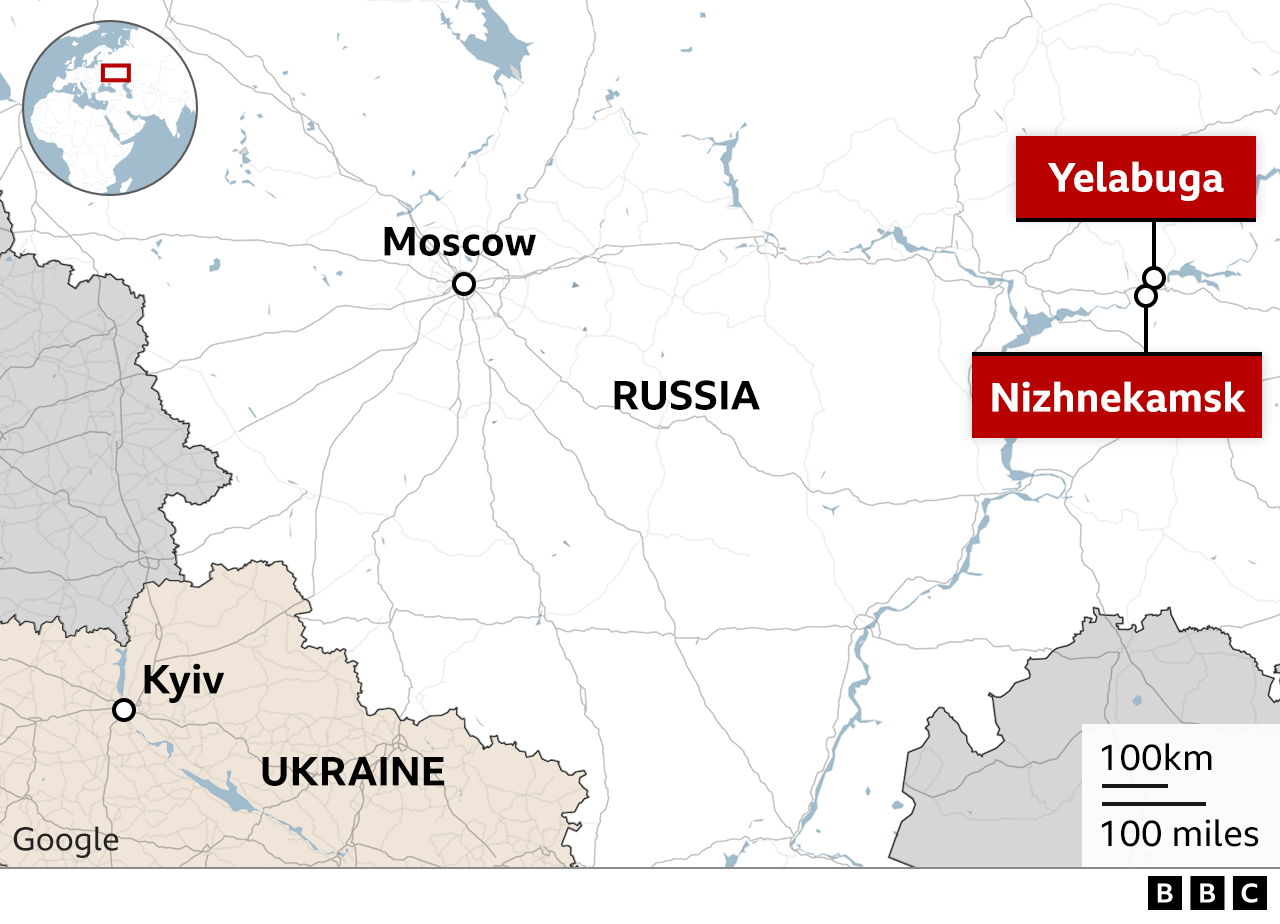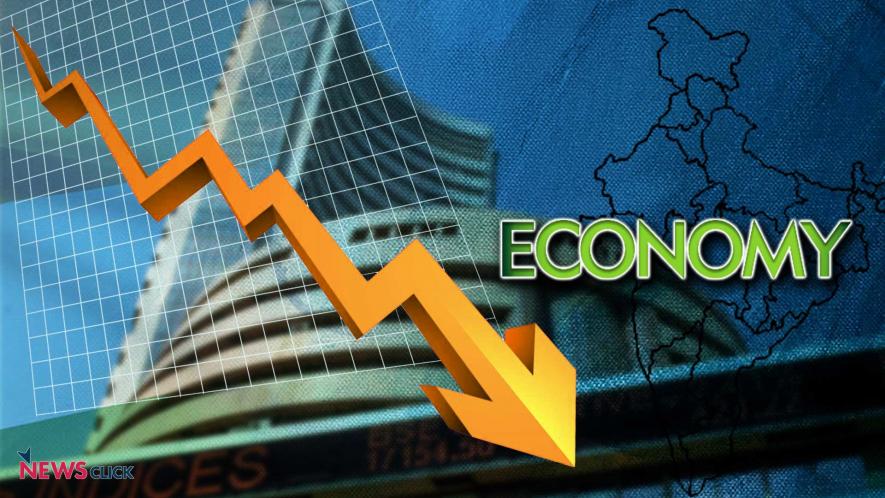Editorial
The situation in Ukraine is a heart-wrenching testament to the limitations of the West’s power in the face of Russian aggression. The conflict, a prolonged tragedy, could potentially become a somber chapter in history, depicting how the West seemingly turned its back on a key NATO ally. Yet, it’s crucial to acknowledge that the world may have drastically changed by then, and NATO’s influence could have been significantly diminished in the aftermath of Ukraine’s ordeal.
The Ukraine crisis has laid bare the intricate web of international relations and underscored the arduousness of multilateralism. The Gaza war, in a similar vein, has unmasked the double standards of the West-led UN multilateralism. The global community’s response to these events is of paramount importance, serving as a stark reminder that no civilization, no matter how grand, is immune to change.
The conflict in Ukraine has been a significant gain for Russia, with the revival of glimpses of Soviet power and legacy. Russia is emerging from the war stronger than ever, leaving one to wonder what became of the decisive and uncontested US victory in the Cold War and the celebrated “End of History.” It’s a sobering realization that no civilization can last forever, especially not at the cost of deadly wars in less privileged regions of the world.
The West’s role in the conflict has been complicated, with NATO and the West accused of provoking Russia into military action in Ukraine. This was done through [specific actions or policies]. However, the appetite for the conflict seems to be waning, with the West distracted by the Gaza war and facing criticism from crucial voter blocs. The moral high ground needed to justify war-mongering is slipping away, and it’s time for the powerful to re-evaluate their priorities.
Accordingly, the situation in Ukraine should serve as a clarion call for us to unite in our pursuit of peaceful resolutions to conflicts. The days of justifying war-mongering that inflicts harm on innocent lives and destabilizes entire regions are over. Instead, we must place diplomacy, cooperation, and understanding at the forefront of our actions. While the future of Ukraine remains uncertain, this moment should compel us to reflect on our choices and strive to build a world that cherishes peace, equality, and human dignity for all.
Please, subscribe to the YouTube channel of republicpolicy.com

















